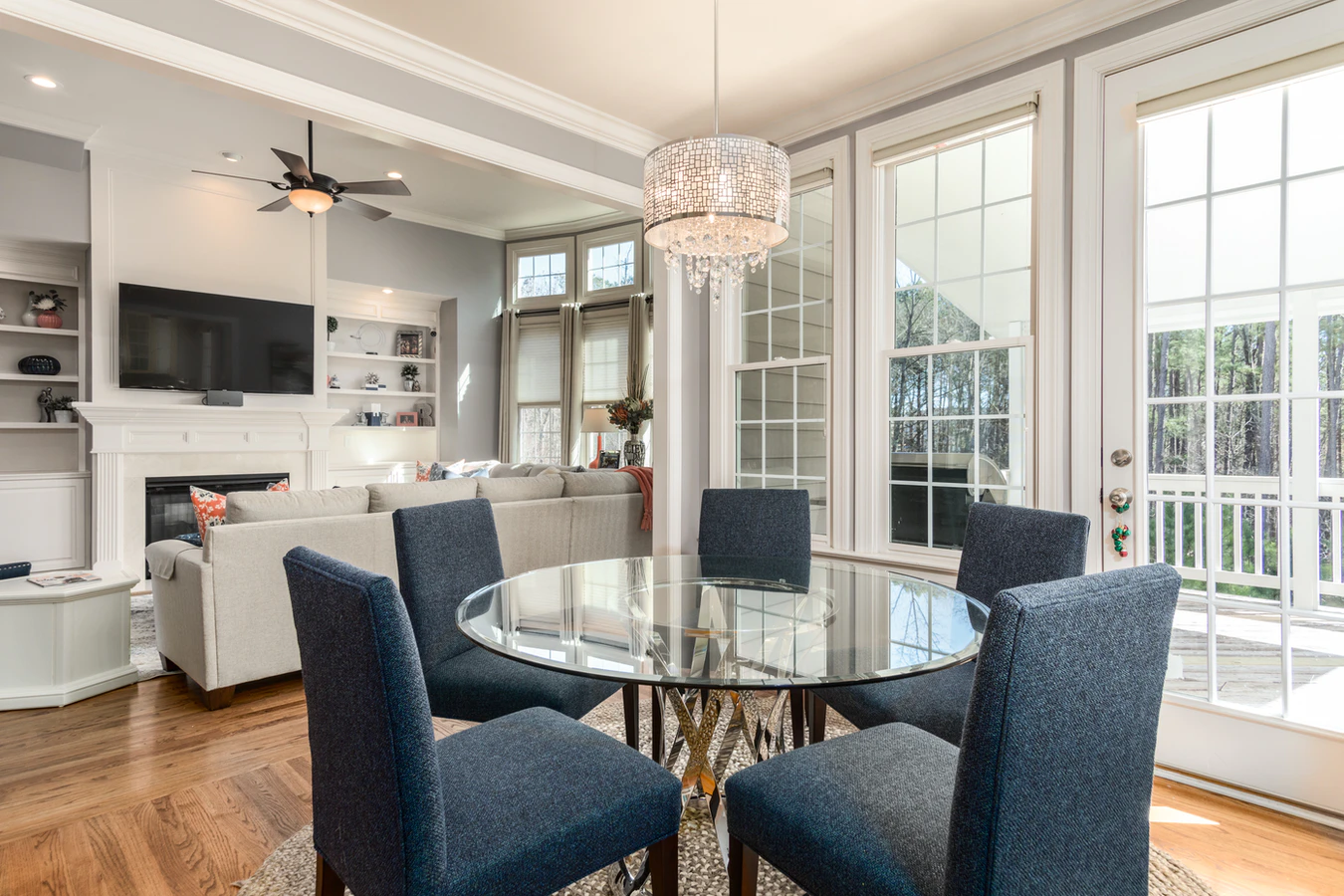"Pat is the hardest working real estate agent I know! She goes way above and beyond!" J. LaBissoniere
Call or Text (253) 444-7006
patg@windermere.com
Seller Mistakes
Selling your home can be exciting and challenging, especially if it's your first time. Avoid the common pitfalls and make your home selling experience less stressful. Don't inadvertently sabotage your sale! One of the most productive things you can do is connect with Pat to find out more details, let her walk you through the home listing process, set up a complementary seller's consultation or presentation.

Condition
Ignoring Your Home's Condition
Buyers will see your home’s defects, even minor ones. With the advent of home renovation shows, online home interior photos and easily accessible information today's buyers are very educated. Not wanting to spend the money on repairs is understandable, but worth it and will bring higher offers more quickly.
You're competing with other homes on the market, so do as much as you can before putting it up for sale. You want your home to look its best so you can attract the best bid.
Ignoring Major Repairs or Renovations
Buyers expect the condition of a home to match its description. A long list of maintenance or repair issues can discourage potential buyers and may even decrease the value of your home.
Prioritize the most obvious problems likely to be revealed during a home inspection. Fix broken items. Pay attention to anything in poor condition, especially if it affects safety, home functionality or structural integrity. You can find a helpful checklist to get you started on our 'Preparation" website page.
Some renovations or improvements can increase a home’s value. But not all improvements will be recouped in the cost in the purchase price so plan and spend carefully. Even though some buyers enjoy making their own renovations, it doesn't mean that it's okay to neglect the obvious.
Hiding Major Repairs
It's important to be honest. Buyers will discover any serious problems during the inspection, especially something like moldy or rotten walls, leaking roof or plumbing. It can mean a more expense repair due to the rush or result in discounting the repair from the cost of the house at closing. When major problems are discovered it can delay your closing date or even terminate the deal altogether. A smart move is to pay for a home inspection before you put your house on the market.


Skipping a Pre-listing Home Inspection
Selling a house is challenging enough, even when everything goes right. While a pre-listing inspection isn't mandatory, it can catch all kinds of problems that could cause you stress if discovered during escrow. Finding termites, ants or other pests, cracked foundation and exterior leaks, plumbing or electrical issues before you list your house will make the sale go more smoothly and give you a clearer picture of its true market value. If repairs are needed, you can either fix it or you can let buyers know and then make a concession during the negotiation phase by reducing the price of your home accordingly.
Not Touching Up or Repainting
You only get one chance to make a good first impression. The first thing potential buyers notice when they arrive at your house is the paint. Ensure your home has a quality paint job with inviting colors. The value it adds makes it worth the effort, on average providing 50% or better return on the investment.
Address both exterior and interior. Avoid strong, taste specific colors and stick with neutrals. Repaint any walls or trim with unusual colors or if chipped or worn. This will make it easier for buyers to envision themselves living in your house.
Not Making It Energy Efficient
No one likes to spend a lot of money on utility bills. Studies by the National Association of Realtors found that at least a third of homebuyers rate high-efficiency HVAC systems as important. Older homes can be retrofitted or, even better, an HVAC unit can be replaced. It's vital to have a system meet the home’s needs.
Other energy-efficient options include making sure your house is properly insulated, that air ducts don't' leak, and a smart thermostat. Energy-efficient HVAC system will make your house stand out from the competition.
*Disclaimer: Everything shared on any of our websites is for educational purposes only and are never recommendations! You alone are solely responsible for conducting your own independent research and due diligence before taking action. We assume no responsibility or liability for your decisions.
Call or Text (253) 444-7006
patg@windermere.com
